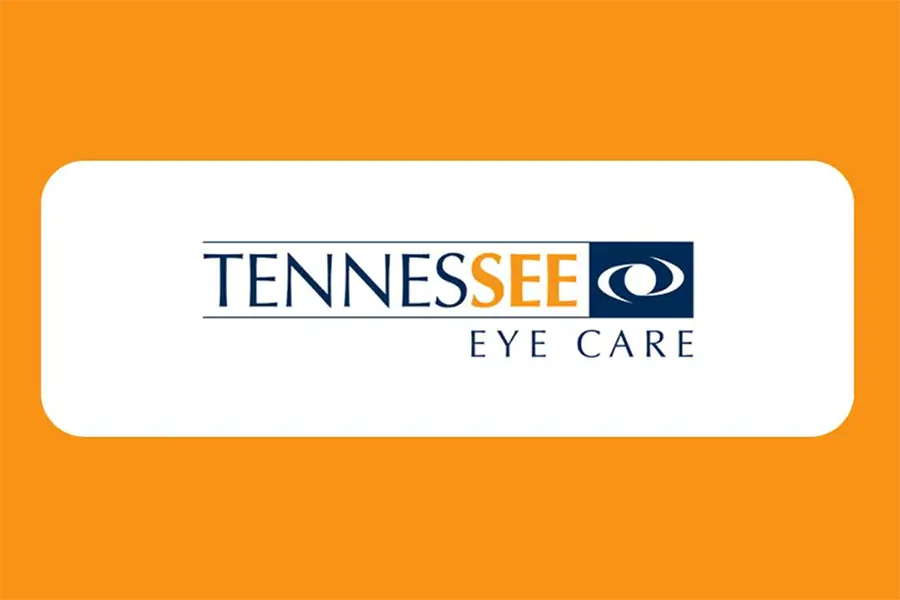Home » Top Ten Articles on Our Eye Care Education Page
Discover the top ten articles on our eye care education page. From understanding the impact of diabetes on your vision to tips for choosing the right sunglasses, these articles provide essential information to help you maintain healthy eyes.

Regular eye exams are crucial for maintaining good eye health and early detection of potential vision problems. Eye exams can reveal conditions such as glaucoma, cataracts, and macular degeneration, as well as systemic diseases like diabetes and hypertension. Early detection through eye exams allows for timely intervention and treatment, which can prevent or reduce vision loss. Ensuring your prescription for glasses or contact lenses is up-to-date also contributes to better vision and overall quality of life. Read more about the importance of eye exams
Optometrists and ophthalmologists both play essential roles in eye care but have different levels of training and expertise. Optometrists provide primary vision care, including eye exams, prescribing glasses and contact lenses, and diagnosing and treating certain eye conditions. Ophthalmologists are medical doctors who specialize in eye and vision care, can perform surgeries, and treat a broader range of eye diseases. Learn about the differences between optometrists and ophthalmologists
Even if you have perfect vision, regular eye exams are still necessary. They can detect early signs of eye conditions that might not yet affect your vision, such as glaucoma or macular degeneration. Additionally, eye exams can uncover other health issues, including diabetes and high blood pressure, that can impact your overall health. Find out why eye exams are important even if your vision is fine
“20/20 vision” refers to standard visual acuity, meaning you can see clearly at 20 feet what should normally be seen at that distance. This article explains how vision is measured, the significance of 20/20 vision, and what it means if your vision is better or worse than this standard. Discover what 20/20 vision means
Nearsightedness, or myopia, is a common vision condition where close objects appear clear, but distant objects are blurry. This article details the symptoms, causes, and treatment options for nearsightedness, including glasses, contact lenses, and refractive surgery. Learn about nearsightedness and its treatments
Farsightedness, or hyperopia, is a vision condition where distant objects are seen more clearly than close ones. This article discusses the symptoms of farsightedness and explores treatment options such as glasses, contact lenses, and refractive surgery. Explore symptoms and treatments for farsightedness
As people age, the eye’s lens becomes less flexible, making it harder to focus on close objects. This condition, known as presbyopia, often requires reading glasses for correction. The article explains the symptoms of presbyopia and provides guidance on when you might need reading glasses. Determine if you need reading glasses
Choosing between glasses and contact lenses depends on various factors, including lifestyle, convenience, and personal preference. This article discusses the benefits and drawbacks of contact lenses, helping you decide if they are the right choice for your vision needs. Decide if contacts are right for you
Sunglasses are essential for protecting your eyes from the sun’s harmful ultraviolet (UV) rays. Prolonged exposure to UV rays can lead to conditions such as cataracts and macular degeneration. This article explains how sunglasses protect your eyes and offers tips for choosing the right pair. Learn how sunglasses protect your eyes
Finding the right eye doctor is crucial for maintaining good eye health. This article provides tips on what to look for when choosing an eye doctor, including credentials, experience, and patient reviews. It also offers advice on making the most of your eye care visits. Find the best eye doctor in Knoxville
For more detailed information on these topics and to stay updated on the latest eye care tips and articles, visit our Education Page. Explore our comprehensive articles and take proactive steps to protect and improve your vision health.